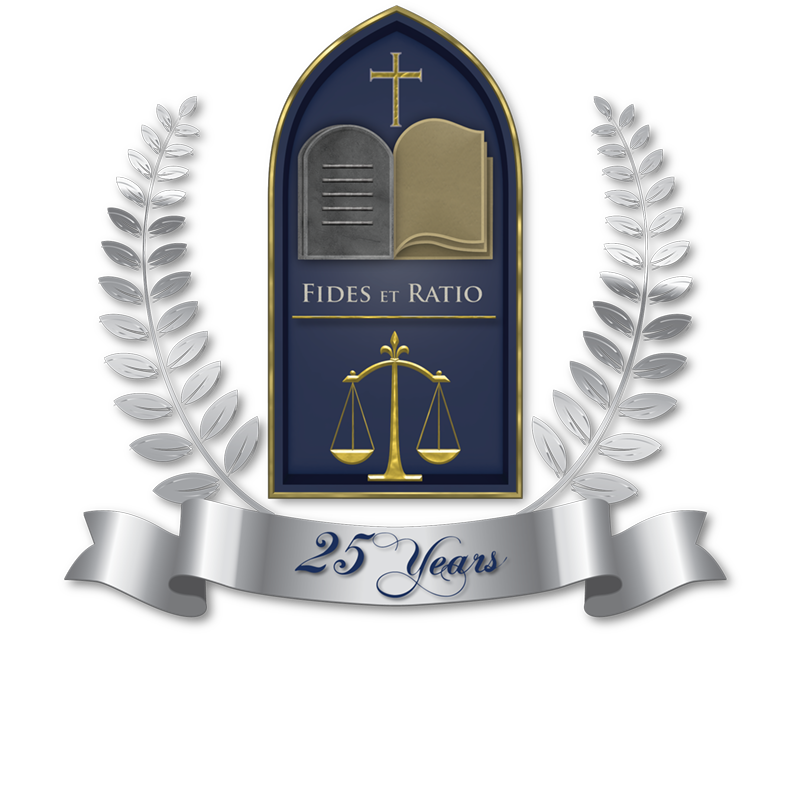Tips for Getting Into Law School
Getting into law school is a process that takes careful consideration and planning. It’s not simply a matter of submitting an application and waiting for acceptance. According to the American Bar Association, the acceptance rate for law school applications is only around 68%. While this may seem daunting, don’t let the numbers discourage you. You can increase your chances of acceptance with hard work, dedication, and the right resources.
As a Catholic institution, we at Ave Maria School of Law believe in the power of prayer and the importance of having faith. We encourage you to remember the words of St. Catherine of Siena: “Be who God meant you to be, and you will set the world on fire.” With the guidance of the Holy Spirit and your determination, you can achieve your dreams and positively impact the world through a legal career.
Choosing a Major
Find a major that suits your passions and aligns with your long-term career goals. Before completing high school, consider taking a college-level summer class in a potential major to see if it fits you. Choosing an engaging major that aligns with your interests makes you more likely to maintain a strong academic record and achieve a high GPA. This is important since law schools take your undergraduate grades seriously when considering your application. Some majors that will best prepare you for law school are:
- History: A history major provides students with a comprehensive understanding of the world and human experience. A background in history helps law students contextualize legal precedents and understand the role of historical context in legal arguments.
- Political Science: Majoring in political science will expose you to the mechanics of government and public policy. This understanding of government structures, decision-making processes, and policy debates will be helpful when applying the law to real-life situations.
- Psychology: Studying psychology gives students insights into human behavior and mental processes. Understanding people’s motivations and mental states is crucial to building a persuasive argument in law.
- Criminal Justice: Criminal justice majors examine the components of the criminal justice system, from law enforcement to the court system. The coursework covers law and criminology, which can provide a foundation for law students interested in criminal law.
While these majors provide excellent foundational knowledge for law school, consider your career goals and interest in the subject matter. Don’t be afraid to take a major that interests you, even if it’s not a traditional pre-law major. Law schools look for well-rounded students with diverse backgrounds.
Get Comfortable with Criticism
Law school can be intimidating, especially if you’ve never experienced the Socratic method. This teaching technique involves professors openly challenging students to test their thinking skills. Whether it’s from your professors or peers, you’ll need to get comfortable with criticism.
Consider Relevant Extracurricular Activities
When it comes to getting into law school, extracurricular activities can speak volumes about your interests and level of commitment to a community or discipline. Consider extracurriculars that can cultivate legal skills. For example, joining a mock trial team can give you experience in debate and public speaking. Similarly, political activism or pre-law internships can provide valuable insight into the legal system’s workings. Remember that active roles are the best way to convey legal interest. Attending meetings or events won’t have the same impact as taking on a leadership role, demonstrating the level of commitment that admissions committees are looking for.
Additionally, service activities are another great way to show commitment to serving others and giving back to your community; consider volunteering at a local shelter, participating in a charity fundraiser, or joining a community service group. Activities such as playing a musical instrument or participating in sports can show dedication and discipline. Extracurricular activities are a critical component of a competitive law school application. Choosing activities that align with your interests and cultivate legal skills demonstrates your commitment to the field and your potential as a future lawyer.
Invest Time into Studying for LSAT
The Law School Admission Test (LSAT) is a standardized test that measures critical thinking and analytical reasoning skills, reading comprehension, and logical reasoning abilities. It’s administered four times a year and typically takes about four hours. The LSAT is scored on a scale of 120-180; a high score can significantly improve your chances of getting into law school. Law schools place significant weight on LSAT scores in the admissions process. It’s essential to invest time and effort into preparing for the LSAT.
Study Tips for the LSAT
- Create a Study Schedule: Set aside a few hours a day, five to six days a week, and plan your schedule accordingly. A moderate-intensity study schedule for approximately three months will allow you to absorb the materials without overwhelming yourself.
- Understand Your Weaknesses: Identify what you need to improve on. Take diagnostic and practice tests to pinpoint areas you need to focus on. Focus on improving those areas by learning new techniques and practicing them. Take the time to understand why you are making mistakes, so you can avoid making them in the future.
- A Suitable Study Environment: Study in a place that mimics the testing room environment. Consider a law school library, a quiet coffee shop, or even a quiet area at home.
- Take Breaks: Take breaks regularly, but ensure they’re short, or you might lose momentum. Keep them long enough to refresh your mind and prepare for the next session.
Study Landmark Cases
Landmark cases are the pivotal legal battles that have established precedents, set standards, and helped shape the legal system as we know it today. Studying these landmark cases will help you better understand the intricacies of law and give you a solid foundation of legal knowledge that you can build on throughout your law school.
How to Study Landmark Cases:
- Choose the cases that interest you: Pick landmark cases that pique your interest or align with your legal philosophy. Reading cases that align with your beliefs can help you connect with the law more deeply.
- Read and analyze the cases: Take time to carefully read and analyze landmark cases. Try understanding the facts, arguments, and reasoning behind the court’s decision.
- Understand its impact: After analyzing the landmark case, consider how the decision impacted the law and society.
Important Landmark Cases to Study:
- Brown v. Board of Education: Declared segregation in public schools unconstitutional and paved the way for desegregation in all public institutions.
- Marbury v. Madison: Established the principle of judicial review, giving the Supreme Court the power to declare laws unconstitutional.
- Miranda v. Arizona: Established the Miranda warning, which is still read to people under arrest today, advising them of their right to remain silent and obtain an attorney.
Apply Early
One of the most significant benefits of early application is increasing your chances of acceptance into your desired law school. As seats fill quickly, waiting until the last minute to submit your application could result in missing the opportunity altogether. Furthermore, applying early also gives you more time to make arrangements, such as finding housing or scholarships, to ensure a smooth transition into law school.
To ensure that you are ready to apply early, it’s essential to start planning and researching your law school options well in advance. Make a list of the law schools you’re interested in and keep track of their application deadlines.
- Transcripts: Your undergraduate transcript is one of the most important documents to include in your law school application. Law schools want to see that you have a solid academic background and have performed well in your classes. Make sure to request your official transcripts from your undergraduate institution and have them sent directly to the law schools you are applying to.
- Letters of Recommendation: Most law schools require two or three letters about your academic abilities, work ethic, and character. Choose individuals who know you well and can speak positively about your strengths and potential, such as employers or professors, and provide them with a copy of your resume and personal statement.
- Your Personal Statement: This statement is your chance to showcase your personality, writing skills, and passion for the law. It should explain why you want to attend law school, what makes you unique, and how you will contribute to the legal community. Take the time to craft a compelling and well-written personal statement that reflects your personality and experiences. Write a draft of your personal statement and ask trusted friends or family members to review it and provide feedback. Edit and revise your statement until you are happy with it.
Remember that the paperwork you include in your law school application can make or break your chances of acceptance. Take the time to gather all the necessary documents and make sure they reflect your strengths and potential.
Integrating Religion, Ethics, and the Law
At Ave Maria School of Law, we recognize the importance of understanding how religion, ethics, and the law intersect in the legal profession.
We believe that integrating religion, ethics, and the law is essential for building a legal profession guided by justice, equality, and respect. Choosing a school that aligns with your values and beliefs is important. Ave Maria School of Law seeks to train lawyers in the Catholic intellectual tradition to positively impact the culture. By choosing Ave Maria, you will join a community of like-minded individuals who share a vision and are interested in pursuing a legal education that is deeply rooted in the Catholic tradition,
Start Your Future Today at Ave Maria School of Law
At Ave Maria School of Law, you will receive a well-rounded education integrating religion, ethics, and the law. You will also have the opportunity to study landmark cases and engage in thought-provoking discussions with your peers and professors. With a focus on developing critical thinking and strong communication skills, Ave Maria will prepare you to be a successful lawyer and a leader in your community.
We believe a legal education emphasizing these competencies is essential for creating a legal profession that is genuinely committed to justice and the common good. If you share our vision for the legal profession and are interested in pursuing a legal education deeply rooted in the Catholic intellectual tradition, we encourage you to apply to Ave Maria School of Law today.
Image credit: William Potter / Shutterstock




